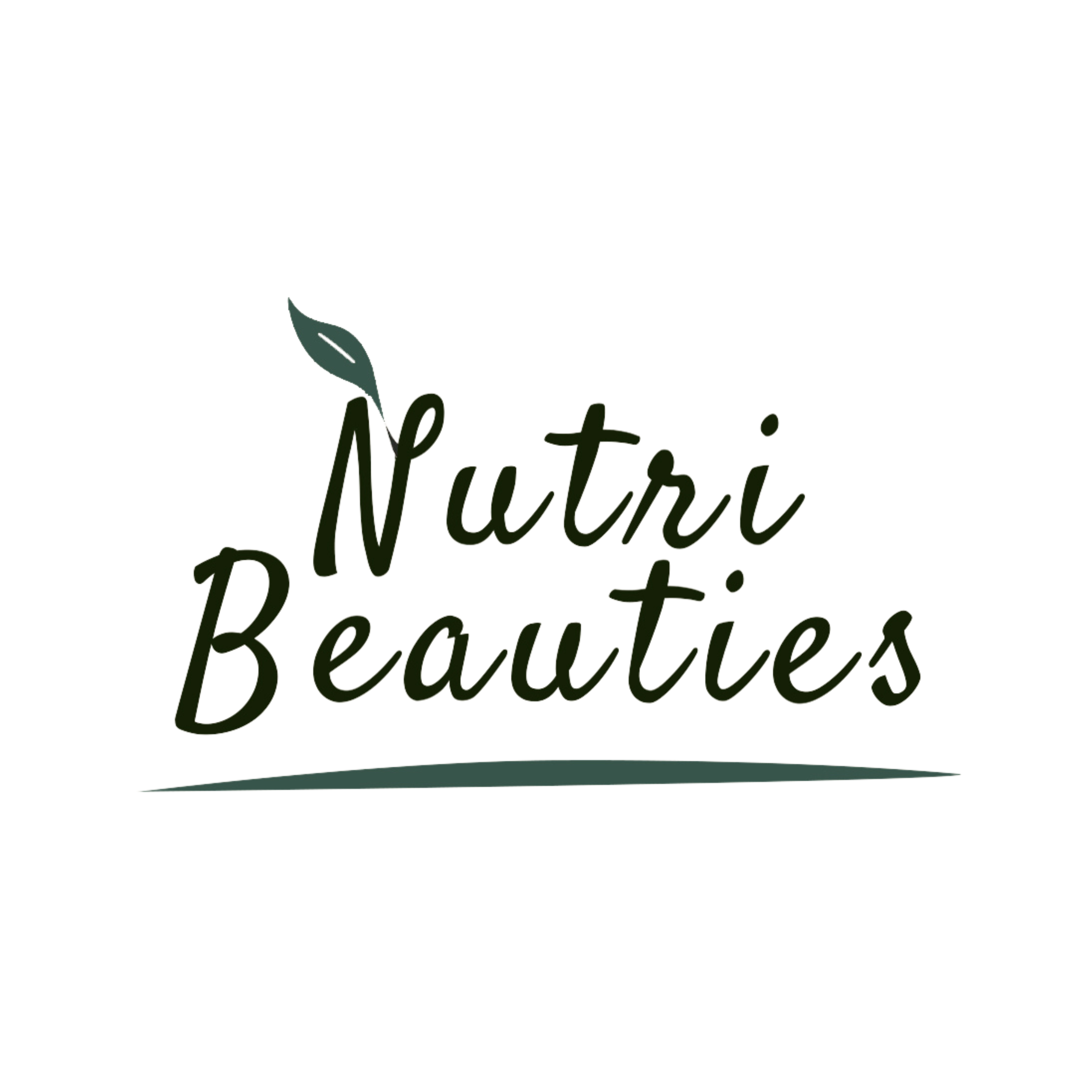A Comprehensive Guide
As we age, our body's production of collagen diminishes, impacting our skin, joints, bones, and overall health. Collagen supplements offer a promising way to counteract these effects. Here, we explore the top eight benefits of taking collagen supplements, based on current research and clinical trials.
1. Enhanced Skin Health
One of the most celebrated benefits of collagen supplements is their impact on skin health. As collagen production declines with age, skin becomes drier and more prone to wrinkles. A double-blind placebo-controlled trial involving 69 women aged 35 to 55 found that those who took collagen supplements for eight weeks showed significant improvements in skin elasticity, moisture, and overall appearance compared to those who took a placebo. Collagen not only helps reduce wrinkles but may also promote the production of other skin-supporting proteins such as elastin and fibrillin. Additionally, anecdotal evidence suggests that collagen may help prevent acne and other skin conditions.
2. Joint Pain Relief
Collagen is essential for maintaining the integrity of cartilage, the rubber-like tissue that protects joints. With age, decreased collagen levels can lead to joint pain and conditions like arthritis. In a 24-week clinical trial, athletes who took 10 grams of collagen daily experienced a significant reduction in joint pain compared to those who took a placebo. This benefit is attributed to collagen's role in reducing inflammation and supporting cartilage health, leading to better joint function and less pain.
3. Prevention of Bone Loss
Collagen provides structure and strength to bones. As collagen production decreases, bones lose mass and density, increasing the risk of osteoporosis. Research has shown that collagen supplements, when combined with calcium, can significantly lower blood levels of proteins that promote bone breakdown. This combination has been found to be more effective in supporting bone health than calcium alone, highlighting the potential of collagen in preventing bone-related diseases.
4. Increased Muscle Mass
Collagen makes up a significant portion of muscle tissue and is crucial for muscle strength and function. A study involving frail men who participated in a 12-week exercise program found that those who took 15 grams of collagen daily gained more muscle mass and strength compared to those who did not take collagen. Collagen supplements can stimulate muscle growth and promote the synthesis of muscle proteins like creatine, making them beneficial for those looking to increase muscle mass and strength.
5. Improved Heart Health
Collagen supports the structure of arteries, the blood vessels that carry blood from the heart to the rest of the body. Insufficient collagen can lead to arterial stiffness and narrowing, increasing the risk of heart disease. Studies have shown that collagen supplements can reduce artery stiffness and increase levels of good cholesterol (HDL), thereby promoting cardiovascular health and reducing the risk of heart attack and stroke.
6. Stronger Hair and Nails
Collagen supplements can improve the strength and appearance of hair and nails. They help prevent brittleness and promote growth, leading to healthier, more resilient hair and nails. This benefit is particularly appealing for those looking to enhance their beauty regimen naturally.
7. Enhanced Brain Health
Collagen may also have benefits for mental health. Some studies suggest that collagen supplements can reduce anxiety and improve mood. By supporting brain function and reducing symptoms of stress, collagen can contribute to overall mental well-being.
8. Weight Loss and Improved Metabolism
Collagen is believed to support weight loss and a faster metabolism. It promotes a feeling of fullness, reducing overall calorie intake, and helps maintain muscle mass, which is crucial for a healthy metabolism. These combined effects can aid in achieving weight loss goals and improving overall metabolic health.
Natural Sources of Collagen
Collagen protein is unique to animal products, found in the skin and connective tissues of animals like fish and pork. For those who do not consume animal products, boosting collagen production can be achieved by consuming foods high in vitamin C, which supports the body's natural collagen synthesis. These foods include citrus fruits, berries, red and yellow vegetables, white teas, and leafy greens.
Conclusion
Collagen supplements offer numerous benefits, from improved skin health to stronger bones and joints. Whether you're looking to reduce wrinkles, alleviate joint pain, or support overall health, incorporating collagen into your daily routine can be a valuable step. For those interested in trying collagen supplements, be sure to choose high-quality products and consult with a healthcare provider to ensure they meet your individual health needs.
This blog was inspired by Dr. Wagner’s YouTube channel, which we enjoy watching. For more details, you can watch his video here.
Nutri Beauties offers various collagen supplements, including Pure Collagen Powder (10,000mg), Liquid Collagen Plus (12,500mg with added zinc), and our Super Liquid Collagen Blend of 6-in-1. Check our product section for more information.
LINKS & REFERENCES:
Dr. Wagner’s YouTube channel: https://www.youtube.com/watch?v=5l9csiSI7SE
Collagen: The Fibrous Proteins of the Matrix | NCBI https://www.ncbi.nlm.nih.gov/books/NB...
The collagen family | Cold Spring Harb Perspect Biol. https://pubmed.ncbi.nlm.nih.gov/21421...
Collagen glycosylation | Curr Opin Struct Biol. https://pubmed.ncbi.nlm.nih.gov/30822...
Animal, Plant, Collagen and Blended Dietary Proteins: Effects on Musculoskeletal Outcomes | Nutrients. https://pubmed.ncbi.nlm.nih.gov/32883...
Processing of collagen based biomaterials and the resulting materials properties | Biomed Eng Online. https://www.ncbi.nlm.nih.gov/pmc/arti...
Significant Amounts of Functional Collagen Peptides Can Be Incorporated in the Diet While Maintaining Indispensable Amino Acid Balance | Nutrients. https://www.ncbi.nlm.nih.gov/pmc/arti.

